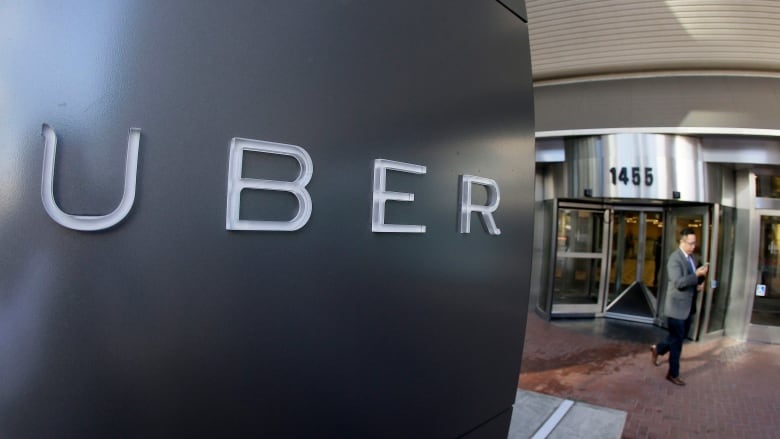Saudi Arabia is the largest country in the Middle East and one of the most important strategic partners of the US in the region, however, the kingdom is also a major violator of human rights, especially in its silencing of political dissidents, human rights defenders, and activists. Since Mohammed bin Salman (MbS) became Crown Prince of Saudi Arabia in 2015, he has tried to present the world with an image of modernization and democratization with a series of movements such as lifting the driving ban for women and launching Vision 2030. This representation was, however, greatly affected when a Central Intelligence Agency (CIA) assessment linked the murder of Washington Post columnist Jamal Khashoggi to the Crown Prince himself. Despite this report from the intelligence community, United States (US) President Donald Trump has showed a clear hesitance to hold MbS accountable or to cut relations with Saudi Arabia. President Trump explained that the commercial relationship between the US and Saudi Arabia “accounts for billions of dollars and thousands of jobs” – and he was not exaggerating.
Since 25 March 2015, when Prince Mohammed bin Salman became the chairman for Saudi Arabia’s Public Investment Fund (PIF), the PIF has invested over 150 billion dollars in companies around the world. In sum, they have invested 45 billion dollars in Softbank and 20 billion in Blackstone, which are both heavy investors in New York City real estate and US-based high-tech companies such as DoorDash, WeWork, Uber, and Lyft. Moreover, with Saudi Arabia’s 2017-2019 anti-corruption campaign, the Saudi government was able to recoup more than 100 billion dollars, including nearly the total assets of the billionaire Prince Alwaleed bin Talal, who holds a significant amount of Twitter, Snapchat, Lyft, Time Warner and News Corporation shares. Apart from the corporate investments, Saudi Arabia also developed close ties with prestigious US institutes such as Harvard, MIT, Georgetown, and foreign policy think tanks based in Washington, D.C.
The Saudi government has strategically invested their funds in order to project a progressive image of the kingdom in three main areas: high-tech companies, media, and city landmarks. Via SoftBank Group’s Vision Fund, Saudi PIF has invested in 50 or 60 companies in the west and intends to bring these firms back to the kingdom. In 2017, it settled a $4.4 billion deal with WeWork, a rising startup which provides working space for people across the globe; in 2018, it helped the food delivery app, DoorDash, raise $535 million; and, in the same year, it made a large purchase of existing shares of Uber and gained a 15% stake, becoming the largest shareholder of the company. In addition to the investment made by Softbank, the Saudi PIF invested around $3.5 billion in Uber in 2016 and held 5% of its stake. In September 2018, the PIF had also agreed to invest $1 billion in Lucid Motors, an emerging electric car company, to become not only its financial collaborator but also its “strategic partner.” Apart from state fund investments, Saudi billionaire Prince Alwaleed bin Talal has also led the investment of $247.7 million in Lyft in 2015, resulting in a 2.3% gain of the company by his investment firm, Kingdom Holding. This personal asset, however, is now subjected to the final approval from the Saudi government before any investment decisions are made. Therefore, with all of the investments in high-tech companies, the Saudi government is trying to establish a tight relationship with the rising change-makers in the west and shift people’s focus from the human rights violations in the kingdom to its movements towards modernization.
In addition, the Saudi government has also made considerate investments in the media industry, including both social media platforms and traditional media conglomerates. The Kingdom Holding, which belonged to Saudi Prince Alwaleed bin Talal, has been the largest shareholder of Twitter with a nearly 5.2% stake since 2011, and a 2.3% stake in Snapchat since 2018. He also holds a 5% stake of Time Warner and 5.5% of Murdoch’s News Corp, which are two of the six media conglomerates that own almost the entire media industry in the United States. With all of these investments under the supervision of the Saudi government, it could potentially be used to shift public focus away from negative coverage of the kingdom.
Apart from investing in tech companies and the media industry, Saudi PIF has also invested tremendously in Hollywood and New York City (NYC) real estate. During his trip to Hollywood in 2018, Crown Prince Mohammed bin Salman promised to invest billions of dollars in Hollywood high weights, such as AMC and Endeavor, after the 35-year ban of cinema was just lifted in the kingdom in May 2018. Although MbS tried to present his willingness to change the repressive culture in Saudi Arabia through cultural investments in Hollywood, women’s rights defenders who fought for lifting the ban on women driving are still being tortured in prison, the Saudi-led coalition is still bombing civilian infrastructures in Yemen, and at least 16 journalists are still kept in prison because of their attempt to disclose the truth. Similarly, in NYC, Softbank is one of the largest venture capitalists in real estate and has invested over $4.5 billion in the city. Prince Alwaleed bin Talal also owns the Plaza Hotel and is the co-owner of the Four Seasons Hotels and Resorts. With the increasing investments in entertainment companies in Hollywood and landmarks in NYC, Saudi Arabia is blending itself into city symbols in order to craft a positive representation of the kingdom.
As Saudi investments continue to grow in the west, so does the kingdom’s influence, but this should not become a leverage for it to further silence dissent. It is deeply concerning that the pattern of the Saudi government using public relations efforts to whitewash human rights abuse allows countries like the United States to overlook the ongoing human rights violations in the kingdom for the grandiose Vision 2030 and future investments.
Cindy Lu is an Advocacy Intern with ADHRB.





